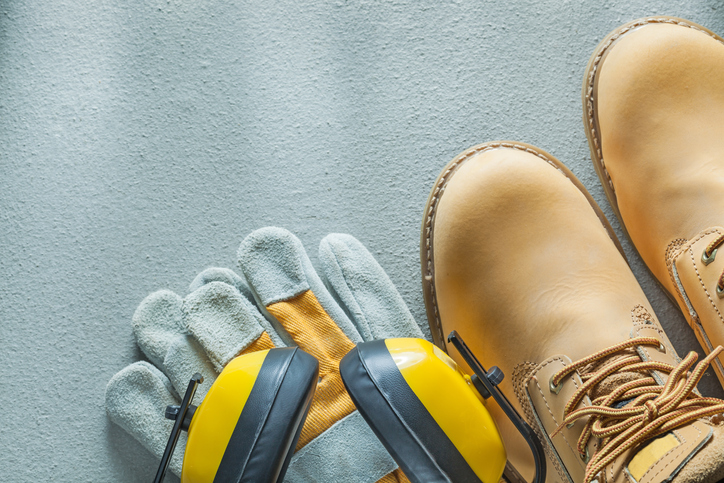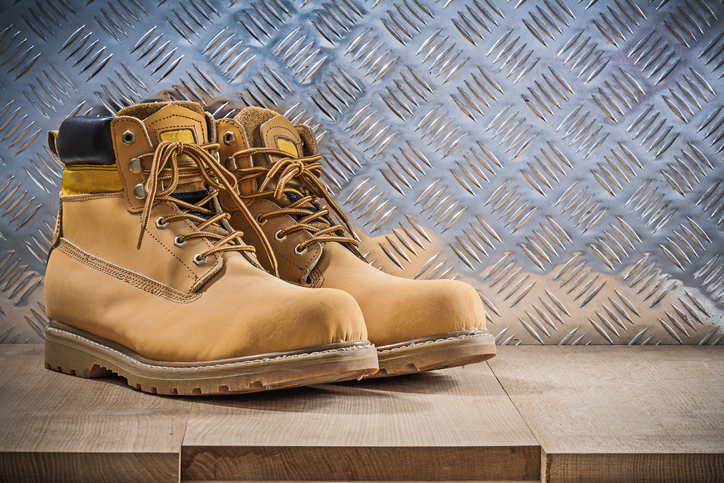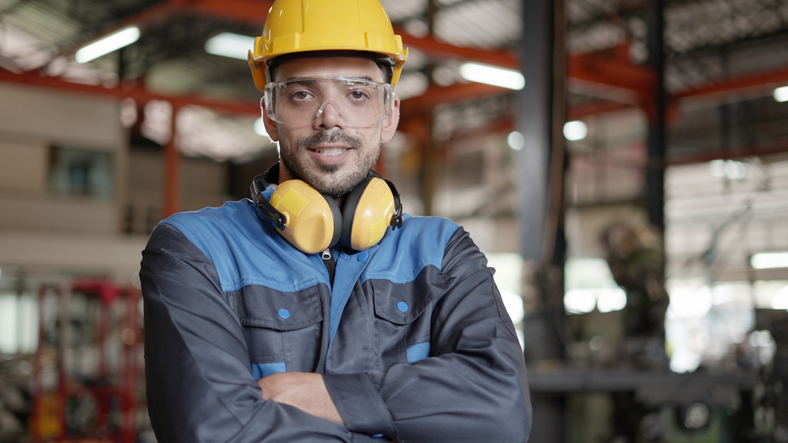A Guide to Necessary Safety Equipment You Should Utilize After Mechanic School

If you’re pursuing a career as an auto mechanic, safety should be a chief concern. Workplace injuries like slips, trips, equipment-related accidents, and musculoskeletal strain from repetitive movements are all too common in auto repair shops. In order to protect your long-term health and well-being, you’ll want to make sure you’re prepared to take the right safety precautions relative to your role. In performing different repair and maintenance tasks, there are unique safety concerns to consider. For example, a repair job that requires a high amount of manual dexterity will require less bulky gloves with a strong grip in order to maximize safety and effectiveness.
If you’re pursuing a career as an auto mechanic, keep reading to discover what Personal Protective Equipment (PPE) you’ll want to have on hand in order to stay safe on the job.
Protect Your Feet With Steel-Toed Boots
When you begin working as an auto mechanic, you will be expected to wear protective footwear, with steel-toed boots typically considered to be the best choice. Your feet are particularly vulnerable to injury due to the risk of heavy fallen objects, sharp tools, parts and equipment on the ground, and slippery surfaces. In addition, wearing correctly sized safety boots is a crucial safety precaution to take during and after mechanic school. Wearing the wrong size could cause both temporary discomfort and long-term strain, resulting in serious injury. Boots that are too loose provide little to no needed support to your feet and create an increased risk of strain and sprains. With boots that are too tight, your toes may press against the steel-toe cap, leading to cuts, corns and more discomfort. However, with the right pair of boots, you’ll be prepared to safely navigate any automotive shop with protected feet.

Wear Respirators to Avoid Severe Illness After Mechanic Training
During your mechanic training and throughout your career, you will be exposed to hazardous fumes, vapour, and dust. Over time, exposure to gasoline or diesel exhaust, solvents, solder, and other dangerous chemicals can cause cancer and respiratory illnesses. In order to prevent the harmful effects of prolonged exposure, wearing a respirator is an essential safety step. Before using a respirator, you’ll likely be asked to perform a fit test in order to ensure that the seal is secure enough to keep harmful fumes away from your airways. While it might be uncomfortable to wear respirators at first, your long-term health will certainly thank you.
Don’t Lose Your Hearing – Wear Earplugs!
Sometimes, workplace hazards are not immediately apparent. However, it may be surprising to learn that auto mechanics are at a high risk of hearing loss, whether that’s due to single explosions or prolonged exposure to loud noises like running engines, sanders, and air compressors. That’s why throughout mechanic school and in the workforce, it’s important to make sure you protect your ears with earplugs or earmuffs.

In addition to donning the necessary PPE, there are other things you can do to ensure your personal safety and that of your co-workers. For example, the culprit of trips and falls are often objects left on the floor. If you have a spare moment throughout your busy day, this can be a great opportunity to scan the garage floor, picking up any potential trip hazards or out-of-place equipment. In addition, during your training and in your future workplace, you should never be afraid to ask questions about how you can stay safe when you’re performing your duties. At ATC Montreal, you’ll be able to learn from expert instructors and receive hands-on training in good safety practices, preparing you for a long and healthy career.
Ready to start auto mechanic courses?
Contact ATC Montreal for more information!

